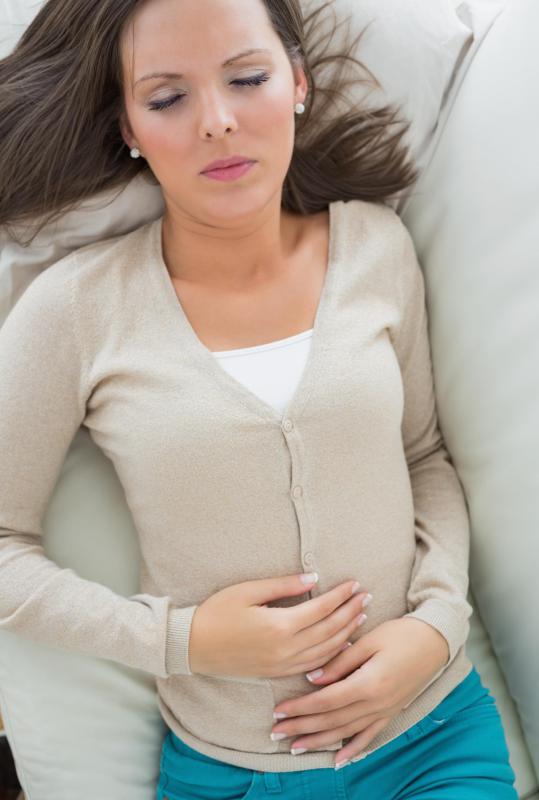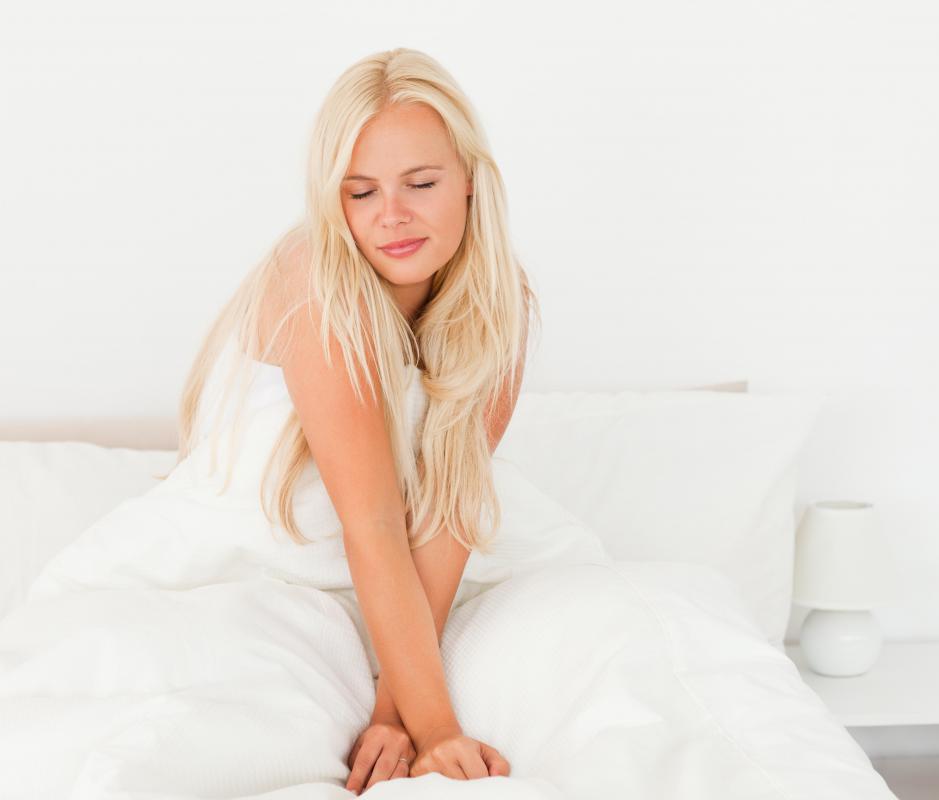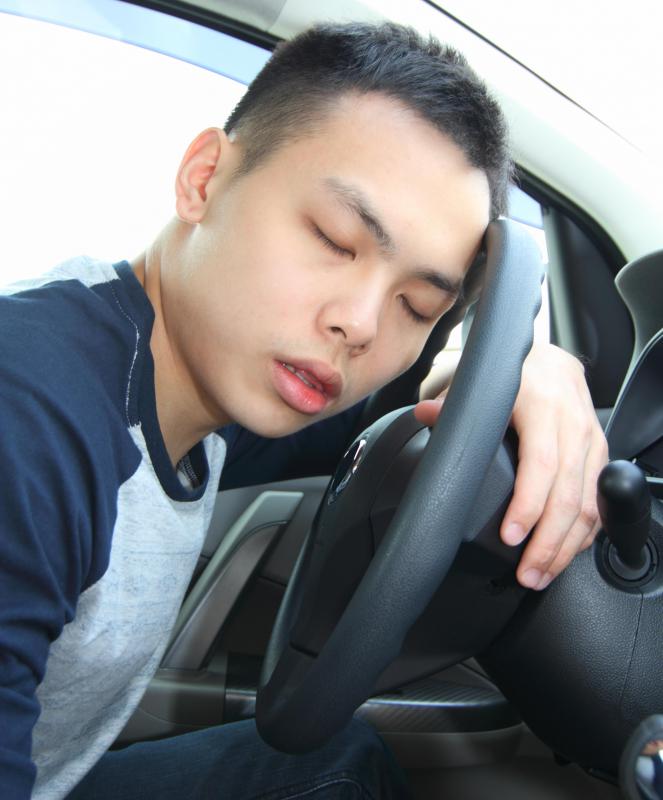At TheHealthBoard, we're committed to delivering accurate, trustworthy information. Our expert-authored content is rigorously fact-checked and sourced from credible authorities. Discover how we uphold the highest standards in providing you with reliable knowledge.
What is Excessive Daytime Sleepiness?
Excessive daytime sleepiness (EDS) is an overwhelming need to sleep in the daytime. People with this condition may become so drowsy that they have trouble doing any activity during the day due to excessive sleepiness. A person with with this condition may suddenly fall asleep without warning. The individual may take repeated naps for short or extended amounts of time. In general, individuals with this condition have no control over their desire to sleep.
The causes of excessive daytime sleepiness may be attributed to various sleep disorders. In many cases, excessive sleepiness in the day can be due to insomnia or the inability fall or stay asleep at night. Another example of a sleep disorder is narcolepsy. This sleep disorder can cause excessive sleepiness in the day as well as sudden sleep attacks, where the person suddenly falls asleep. Sleep apnea, which causes interruptions in breathing while sleeping, can also cause this condition.

Excessive sleepiness during the day may also be a symptom of a medical condition. For instance, individuals with urinary problems may be excessively sleepy in the day if they are up several times during the night using the restroom. Worry and stress can also cause this condition. Stress can impact every aspect of a person's life, including their ability to sleep. Other causes may include medications, lingering injuries and alcohol or drug abuse.

Generally, the most evident symptom of this condition is the overwhelming urge to sleep during the day. This may result in the need to take several naps throughout the day or afternoon. Additional excessive daytime sleepiness symptoms can include a lack of alertness as well as a lack of energy. Some people will appear quite fatigued even after a normal night of sleep. Frequently, the demanding urge to sleep can cause a disruption in the normal pattern of daily activities.

Several tests may be done to medically diagnose a case of this sleep disorder. One or more sleep study tests will commonly be done on an individual with this condition. The tests may be completed at an inpatient or outpatient sleep study clinic. Many individuals will have a polysomnogram performed. This test involves attaching sensors to the skin to record the activity in the brain during sleep.

Treatment for this condition may be best prescribed by a doctor specializing in sleep disorders. Some patients may be best served by using more than one treatment method. Frequently, stimulant medications may be used to treat the condition. These types of medicines will help with alertness and staying awake.
Patients may also be advised to make some lifestyle changes to decrease the urge to sleep during the day. It may help to avoid nicotine, excessive caffeine and alcohol. Adhering to a nightly sleep schedule will also be helpful. Individuals with excessive daytime sleepiness should avoid doing activities that may hurt themselves or others. Driving is one activity that should be done with caution for individuals with this condition.
AS FEATURED ON:
AS FEATURED ON:



















Discussion Comments
@SarahGen-- Yes, Harriet Tubman had narcolepsy. It was caused by a head injury she suffered from. She could fall asleep at any time and did so while she was conducting the underground railroad as well. Despite her illness and so many other obstacles she faced, she continued to help free slaves. I think that she's a great example for others who also suffer from narcolepsy.
I hope that one day, a cure can be found for it. There are medications that can help that were not available during Harriet Tubman's time. She did have brain surgery towards the end of her life. But not all narcoleptics suffer from the condition due to injury like Harriet Tubman.
Didn't Harriet Tubman, the great African American abolitionist, have some kind of sleep disorder? I remember hearing about this, but I can't recall what it was.
My sister had excessive daytime sleepiness for years because she was not getting enough sleep at night. It was because she was up many times at night to go to the bathroom and it always took her some time to fall asleep again. So she was not getting much sleep at night and looked for opportunities to sleep during the day.
After seeing several doctors and having tests done, she was diagnosed with something called diabetes insipidus. It actually is not a form of diabetes. It's a condition where the kidneys do not hold water. It causes dehydration and the person has to drink a lot of water and ends up going to the bathroom many times.
We couldn't believe that what we thought was a sleep disorder turned out to be something like this. We're very happy that she's fine now. She just has to use a spray medication, it's the hormone she's lacking. She no longer drinks a lot of water and sleeps throughout the night. So she's not tired during the day and doesn't need to take naps.
Post your comments